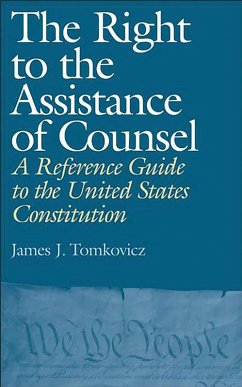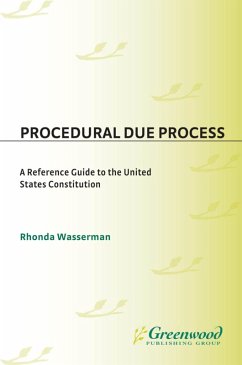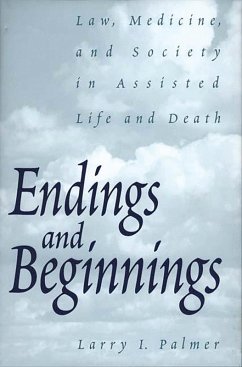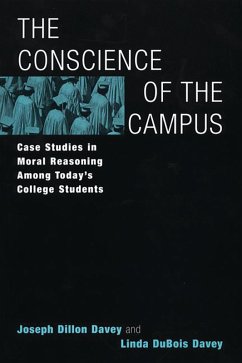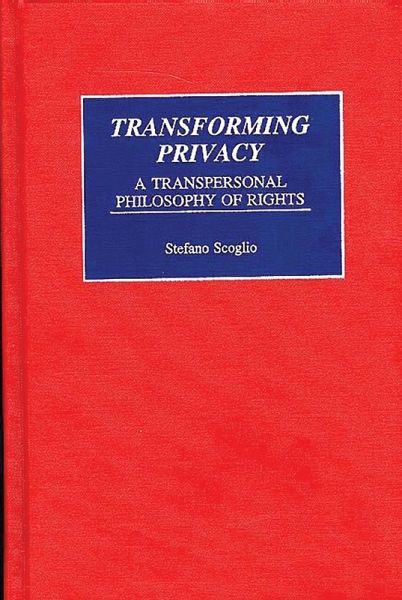
Transforming Privacy (eBook, PDF)
A Transpersonal Philosophy of Rights
Versandkostenfrei!
Sofort per Download lieferbar
58,95 €
inkl. MwSt.
Weitere Ausgaben:

PAYBACK Punkte
29 °P sammeln!
Using an innovative history of the constitutional right to privacy, and inspired by Emersonian Justices like Brandeis and Douglas, this book rescues the meaning of privacy from prevalent liberal thinking by proposing a general theory of rights based on a spiritual-ecological jurisprudence tradition at the heart of American law. The right to privacy is a powerful, yet often overlooked tradition, whose main representatives are Justice Brandeis and Justice Douglas, both of whom translated into concretely legal and political ideas the philosophy of American thinkers like Emerson and Thoreau. In li...
Using an innovative history of the constitutional right to privacy, and inspired by Emersonian Justices like Brandeis and Douglas, this book rescues the meaning of privacy from prevalent liberal thinking by proposing a general theory of rights based on a spiritual-ecological jurisprudence tradition at the heart of American law. The right to privacy is a powerful, yet often overlooked tradition, whose main representatives are Justice Brandeis and Justice Douglas, both of whom translated into concretely legal and political ideas the philosophy of American thinkers like Emerson and Thoreau. In light of this historical understanding, the major constitutional cases relating to privacy, such as Griswold or Roe v. Wade, are given new interpretations. Through a radical reinterpretation of Mill's philosophy of liberty, and a comparison of that reinterpretation with the one of Brandeis, this book proposes a new general theory of rights, based on the valuation of privacy as a transformative context in which self-knowledge can emerge, giving birth to ethical and communal responsibility.





